-
- USA/Canada 1-800-285-2726
- Australia (02) 8006 4411
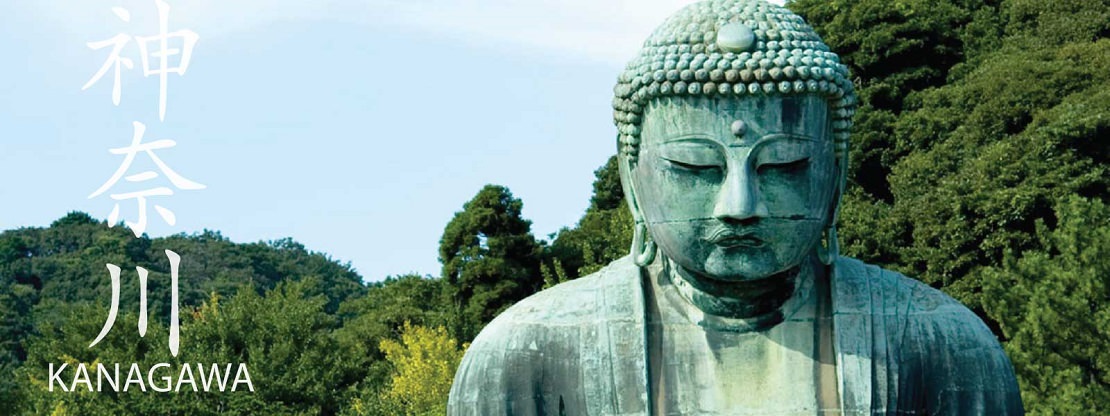
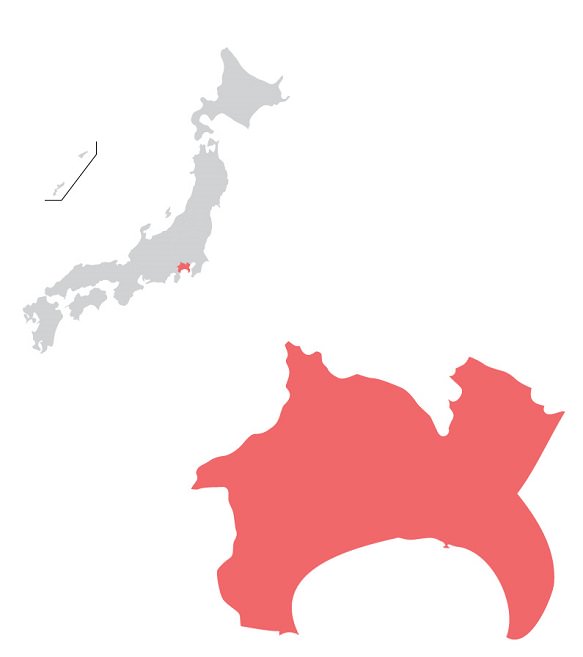
Region: Kanto
Capital: Yokohama
Population (approx.): 9.072 million (2012)
Area: 933 sq miles
Area Rank: 43
One of the world's largest Chinatowns and preserves former Western residences
Famous for Odawara Castle and is known for cherry and plum blossoms
Part of the Fuji-Hakone-Izu National Park and famous for Hot Springs
Kamakura is a treasure trove of eccentric temples and interesting shrines.
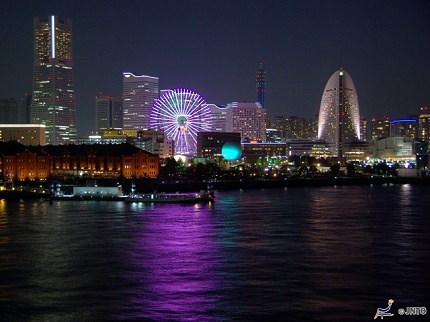
Kanagawa Prefecture is located in the Kanto region, south of Tokyo. Its capital Yokohama is Japan’s second largest city and a popular tourist destination along with Kamakura and Hakone. Yokohama Chinatown is Japan’s largest Chinatown and one of the largest Chinatowns in the world. Yokohama Chinatown is famous for its narrow colorful streets filled with shops, restaurants, and street food stands serving delicious street food. Hakkeijima Sea Paradise, an amusement park consisting one of Japan’s most popular aquarium, is also a popular spot in Yokohama.
The Cup Noodles Museum and Ramen Museum are also interesting museums where you can create your own cup noodle and enjoy ramen from different regions of Japan, respectively.
Kamakura is a treasure trove of eccentric temples and interesting shrines and one of Japan’s most historical places. It houses the most famous bronze statue of the Great Buddha of Kamakura. Hakone has been one of Japan's most popular hot spring resorts for centuries and is popular for its beautiful views of Mt. Fuji. Owakudani in Hakone is also a popular tourist site for its crater that developed after volcanic eruptions of Mt. Hakone. At Owakudani, black eggs which were blackened by the sulfur in the hot water they are cooked in are very popular. Eating these eggs have been believed to extend one’s life by seven years.
Amusement Park and Popular Aquarium located at Yokohama Bay
Cruise on Lake Ashi with beautiful view of Mt. Fuji
Money washed at this shrine will double, bringing fortune to the individual
Shelter Home for Abused Women and Divorced
Beautiful Scenery of Mt. Fuji from a different perspective
Hidden in the dense forest, but are well advertised by its huge torii gates
Takes you to the top of Mt. komagatake, commanding a view of Mt. Fuji, Izu Peninsula
The residence of a feudal lord, the Odawara Hojo Family
Buddhist Temple famous for Statue of Kannon
The Largest China Town in Japan
Bathe in Wine, Green Tea, Sake, and Coffee
A Large Aquarium found along the Enoshima Beach has Jellyfish Collection
Beautiful French Style Rose Garden in Hakone
Famous crater in Hakone and active volcanic zone
The first of the five Zen temples and designated as a national treasure
Kamakura's most important shrine
Famous for the Kamakura Great Buddha
Lake Ashi with Mount Fuji in the background is the symbol of Hakone
Former checkpoint restored in 2007 and now serves as a museum.
World's First Food-Themed Amusement Park
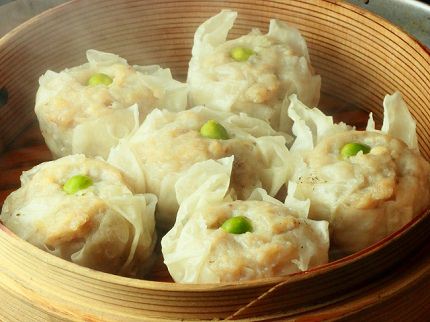
Due to its large Chinatown, shumai, or traditional Chinese dumplings, are popular in Kanagawa. Kiyoken is a top shumai producer in Yokohama and its boxed shumai is Yokohama's top souvenir. Kiyoken's shumai features juicy pork and scallops and is sold in Yokohama and its train stations. Shumai bentos are popular among those traveling to and through Yokohama.
In Enoshima, a small offshore island of Kanagawa, "nama shirasu don" attracts many tourists to the island. "Nama" means raw and "shirasu" are baby sardines. These raw baby sardines are placed on a bowl of rice and scarfed down. The translucent little fish are served fresh, with soy sauce, green onions and sometimes an egg. Shirasu can also be served boiled, which then changes into a milky white color and gains a fluffy texture.
Popular Dove-Shaped Cookies in Kamakura
Japanese variation of the popular dumpling dish from China
Interactive Museum on Cup Noodles Where You Can Make Your Original Cup Noodle
Popular Yokohama Confectionery enjoyed by many
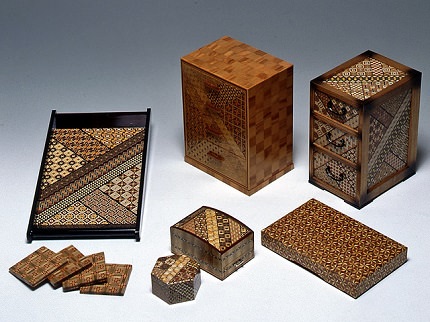
Hakone-yosegi zaiku is traditional woodwork from Kanagawa featuring geometric shapes and designs. It was developed by Nihei Ishikawa during the late Edo Period and continues to be made even two centuries later. The beauty of the wood is preserved by keeping its original color, making no two identical products. Hakone-yosegi zaiku is used to create various kinds of products such as boxes, trays, drawers, and even a "himitsu bako", or secret box. The himitsu bako appears to be an ordinary box with no locks or openings, and can only be opened by those who know the secret, tricky procedure of opening the specific box.
First Open-Air Museum in Japan, Picasso Pavilion and Foot-Bath Hot-Spring
Antique and Modern Venetian Glass Museum
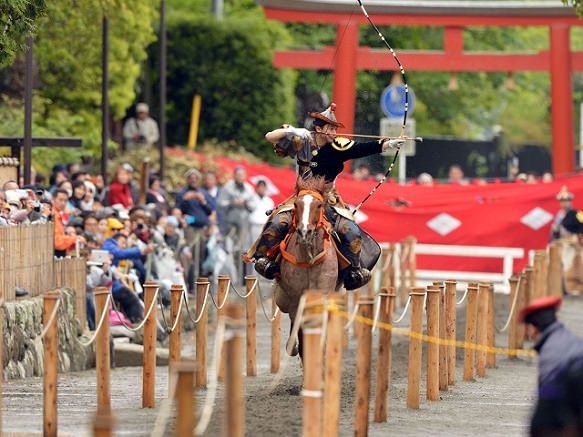
Kamakura Festival is a 3 day festival that reenacts Kamakura when Yoritomo Minamoto found the town. The festival as two main highlights: shizuka no mai dance and yabusame.
Shizuka was a princess who loved Minamoto no Yoshitsune. She was forced to abandon him by Yoritomo's orders. She then performed a dance, what became known as the shizuka no mai dance, to express her feelings for Yoshitsune. This dance angered Yoritomo and resulted in her imprisonment and her children's deaths.
Yabusame is the reenactment of samurais on horseback, shooting arrows at targets. The event is said to have been Yoritomo's idea to strengthen and improve his warriors' skills.